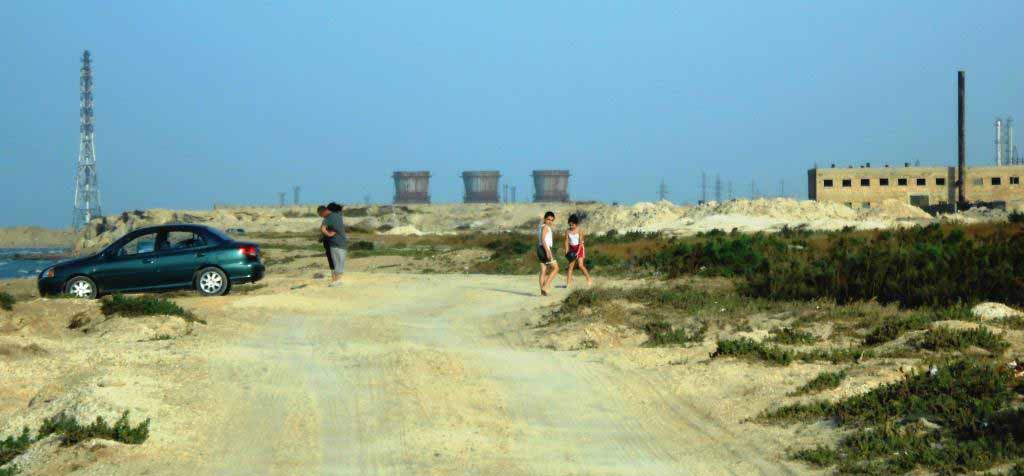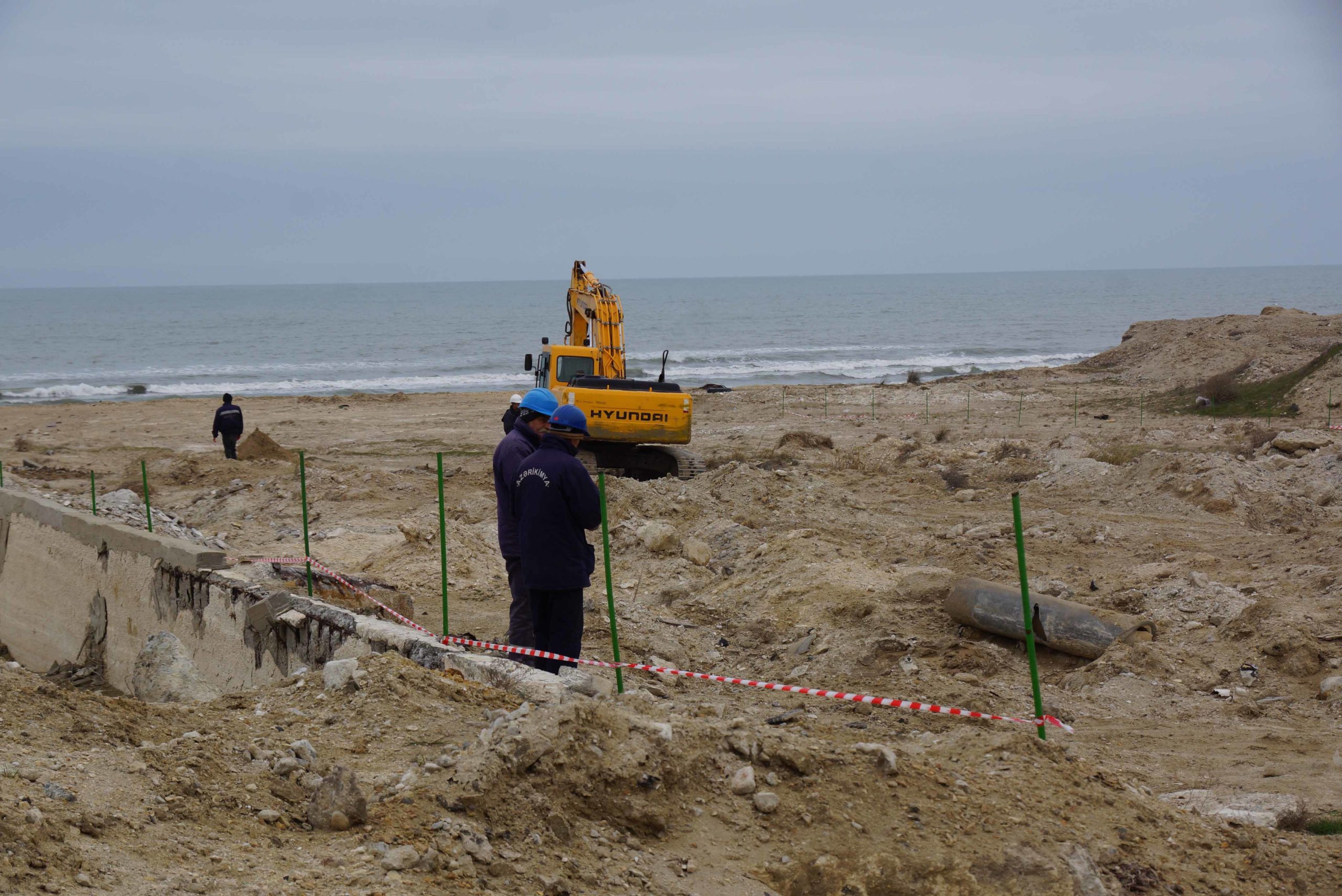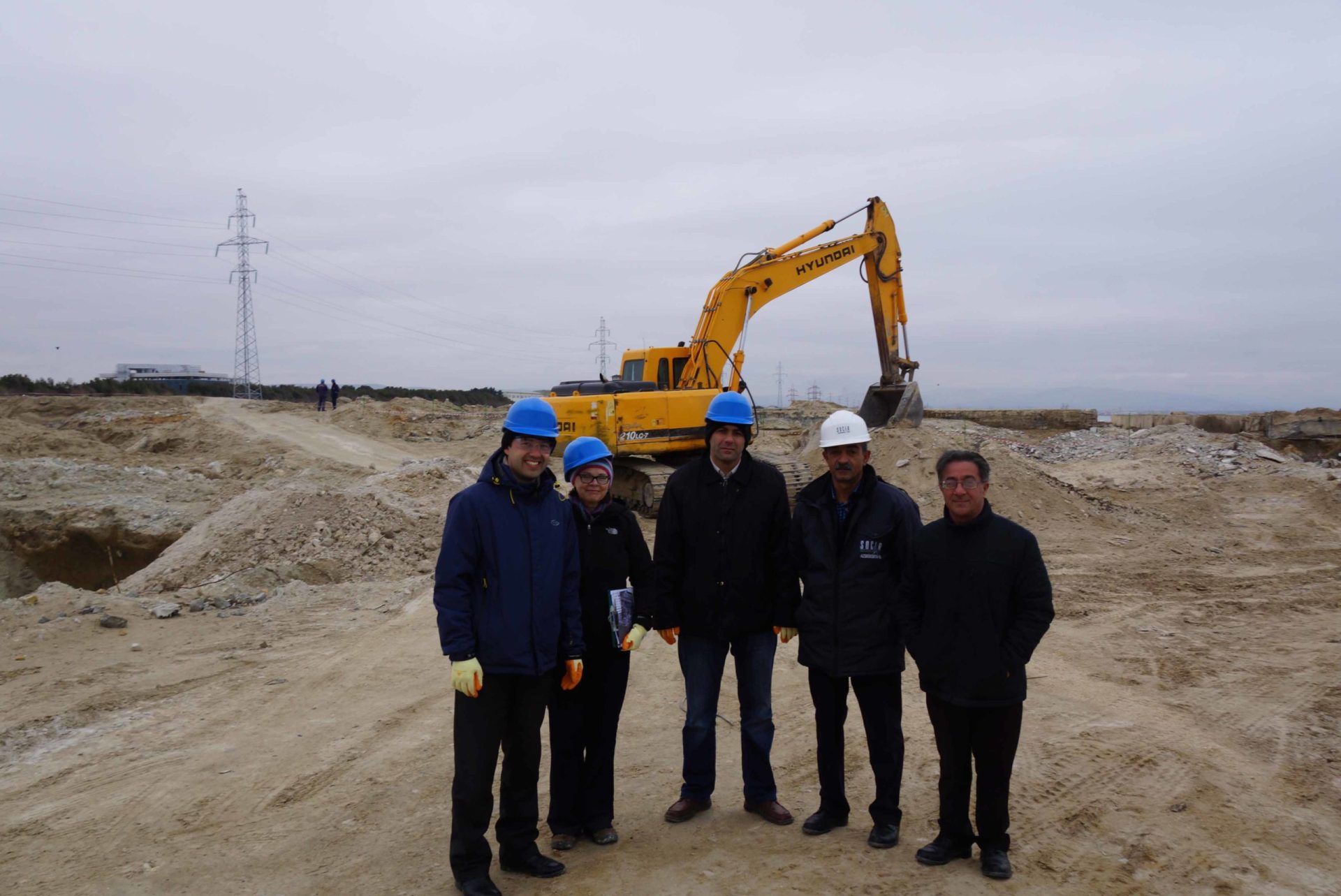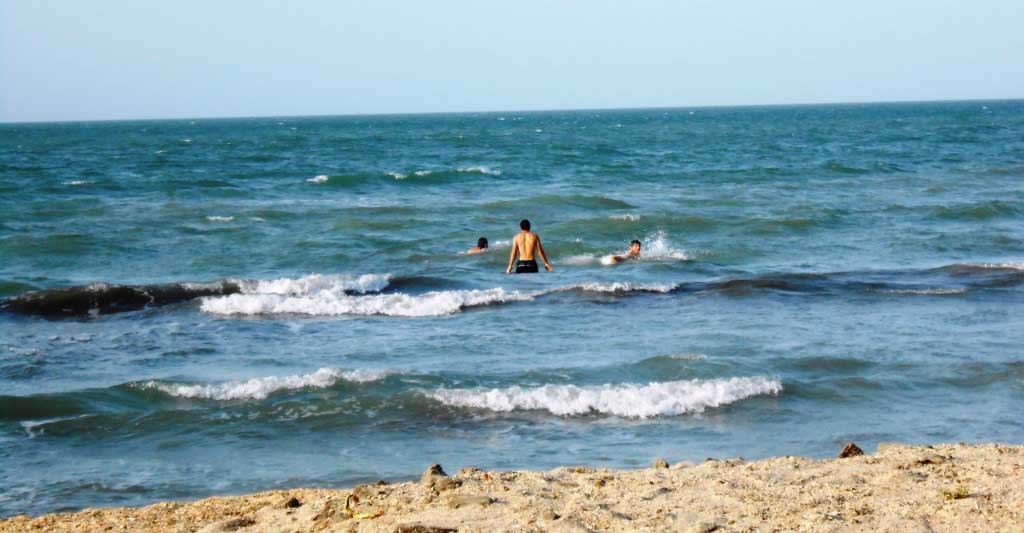This summer, when families return to stake out their spot in the sun along the coast of the Caspian sea in Sumgayit, Azerbaijan, there will be one crucial difference. The beach will no longer be toxic, and they will no longer be exposed to poisons, especially when they indulge in what locals call a solar bath, when they bury themselves in the sand.
But only a few families might notice the difference.
“There are so many polluted industrial sites around the town that people don’t really even think about it,” says Petr Sharov, Pure Earth’s regional director for the Former Soviet Union.
Sumgayit was a major Soviet industrial center with more than 40 factories manufacturing industrial and agricultural chemicals for products like synthetic rubber, aluminium, detergents and pesticides.
For decades, 70,000 to 120,000 tons of harmful pollutants were released into the air and water annually. Although many of the polluting factories have closed, their devastating toxic legacy remains.

Cancer rates in Sumgayit are 22-51% higher than average incidence rates in the rest of Azerbaijan. Mortality rates from cancer are 8% higher.
In 2007, Sumgayit was named one of the world’s worst polluted places. That got the attention of local authorities.
A Toxic “Pond”
Of all the industrial sites in Sumgayit, the beach was one of the most polluted. A chemical plant had constructed what is called an industrial settling pond near the beach.
“The factory pumped all their industrial waste into this pond, let it settle, and then moved the wastewater onto a treatment facility. This is quite a common practice,” explains Petr.
“But when the toxic sediment left behind began to fill the “pond,” the workers simply scooped it out, and mixed it with limestone in an attempt to neutralize it.”
This toxic sludge was left on the ground surrounding the pond, where it was kicked around and spread out over the years, in part by the foot traffic from beachgoers.
“The area is open and unguarded,” Petr points out. ” People walk through here all the time. They don’t know they are walking through poison.”
First Cleanup In Azerbaijan

When local authorities decided to do something, they approached Pure Earth. We were lead to the site by Azerkimya, part of the Azerbaijani state oil company SOCAR.
Rovshan Abbasov from Pure Earth’s office in Azerbaijan coordinated the effort, bringing international experts and local officials together, and overseeing the remediation.
This beach cleanup is the first remediation project Pure Earth has done in the country.
The contaminated sand and soil was dug up and carted away to a designated landfill, where it is now contained safely. Clean fill was then brought in and flattened with a bulldozer.
To stabilize the sandy soil and prevent erosion, we are currently planting ten to 15 species of local tress and shrubs. Plans are underway for an irrigation system to maintain the greenery.

Azerkimya provided labor, machinery, clean soil, and plants, while Toxic Wastes Polygon offered a discount on the disposal of toxic wastes.
By this fall, the area will be transformed, with the lush new landscape hinting at the clean ground underneath.
“I believe this cleanup is a symbol of what can happen in other polluted areas in Azerbaijan,” says Rovshan. “People here have been telling me that this gives them hope. I live miles away in Baku and I feel the same way.”
This summer, Rovshan might be tempted to take a solar bath here himself.






